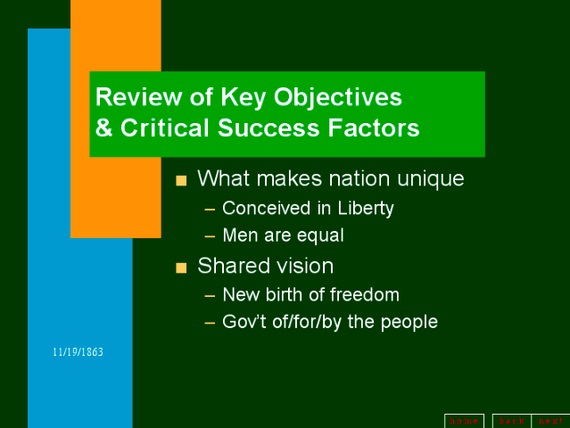“‘Now, if Gen. Meade can complete his work so gloriously prosecuted thus far, by the litteral or substantial destruction of Lee’s army,’ Lincoln wrote, ‘the rebellion will be over.” Trevor Plante, a researcher for the Discovery Channel, discovers a lost handwritten note penned by Lincoln after Gettysburg in the National Archives. Meade did not complete his work, of course — like McClellan before him, he remained overcautious with the Army of the Potomac, prompting Lincoln’s wrath in an unsent letter dated a week after the discovered note: “My dear general, I do not believe you appreciate the magnitude of the misfortune involved in Lee’s escape. He was within your easy grasp, and to have closed upon him would, in connection with our other late successes, have ended the war. As it is, the war will be prolonged indefinitely. Your golden opportunity is gone, and I am distressed immeasureably because of it.”


